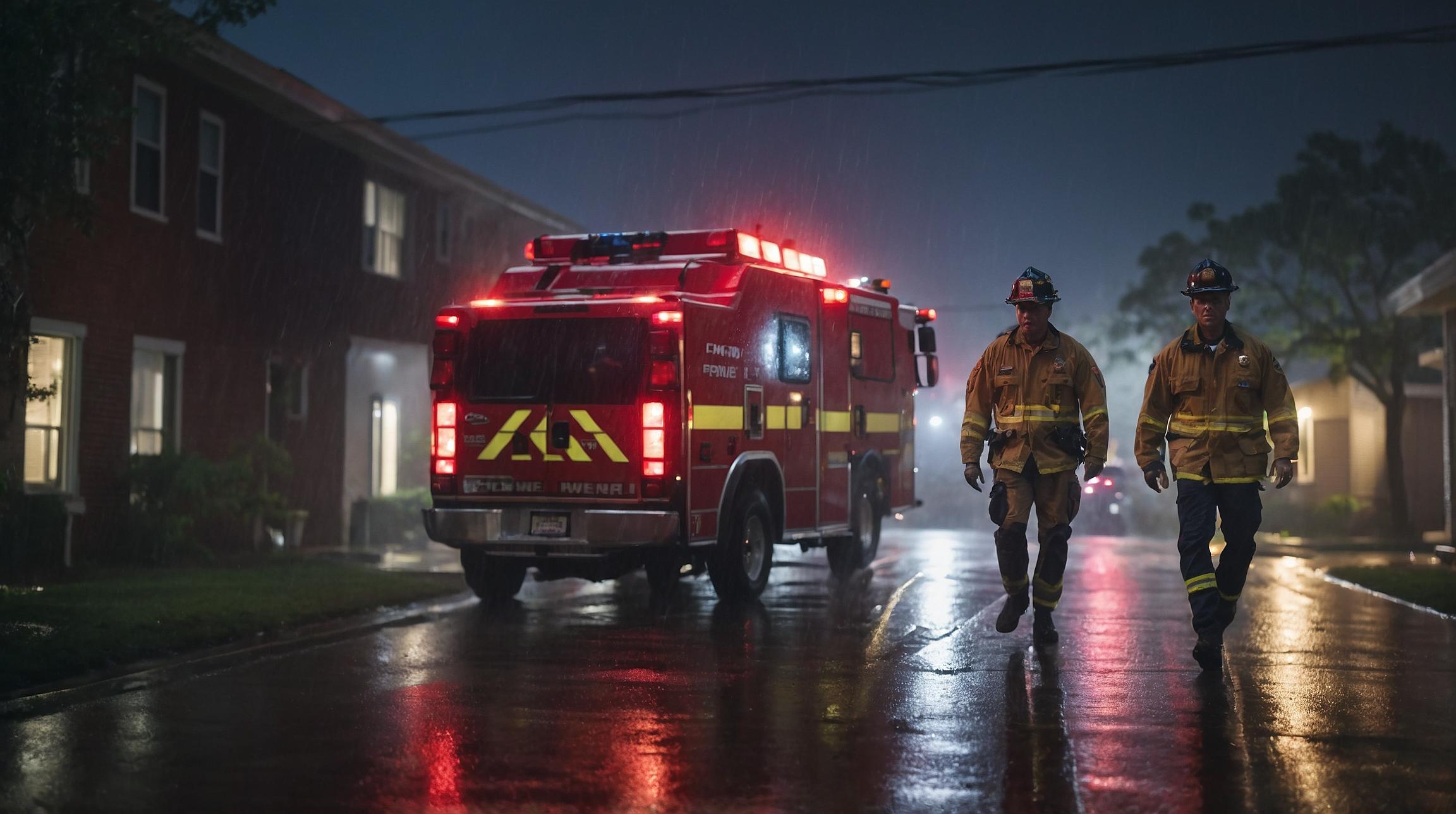In the realm of emergency response, every second is vital. First responders often face challenges in quickly locating a residence in need of assistance. This difficulty is heightened in adverse conditions such as heavy rain or darkness, where traditional locating methods like GPS can fall short. To address this, a new emergency lighting system developed by Arrive AI aims to significantly improve the speed and accuracy with which first responders can find their destinations.
How It Works
The system utilizes artificial intelligence to activate emergency lights on buildings, making them highly visible to responders. These lights serve as a beacon, guiding ambulances, fire trucks, or police vehicles to the exact location without solely relying on traditional GPS signals. This is especially beneficial when house numbers are not readily visible.
Expert Opinions
Thomas Dillon, the unit director for the Roane County Rescue Squad, highlights the practicality of the system: "Most of the time you look for someone outside to flag you down. This system helps tremendously, especially in cases where no one is available to signal us from the outside."
David Schroeder, a seasoned paramedic, added, "The emergency lighting system enables us to locate the address of the caller much faster than relying on GPS alone. It increases our visualization capabilities, thus reducing response time."
Impact on Response Times
Firefighter Travis Willmott emphasizes the importance of reduced response times: "Being able to save even one second, five seconds, or a minute is crucial for us. It significantly impacts our ability to respond to potentially life-threatening emergencies."
Development and Deployment
The concept for the Arrive AI emergency lighting system began in 2014, with funding initiated in 2018. After years of development, the system is set to be deployed later this year, initially targeting healthcare facilities where rapid response is critical.
This innovative approach illustrates the potential of emerging technologies to revolutionize emergency response strategies, providing tangible benefits in life-or-death situations. By leveraging AI-driven solutions, first responders can perform their duties more effectively, ultimately saving more lives.













